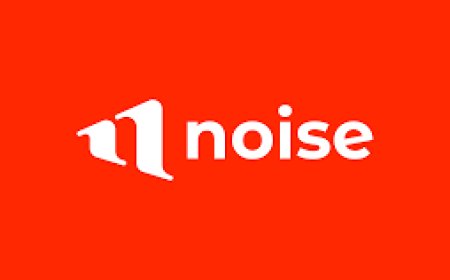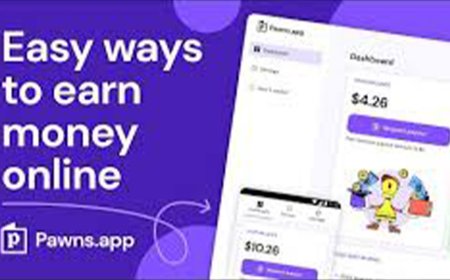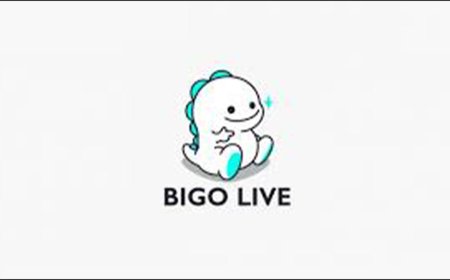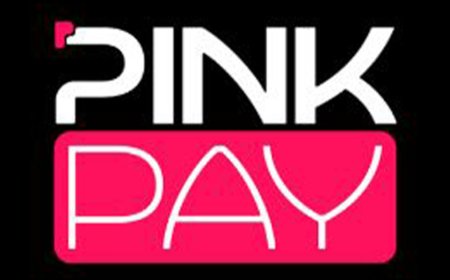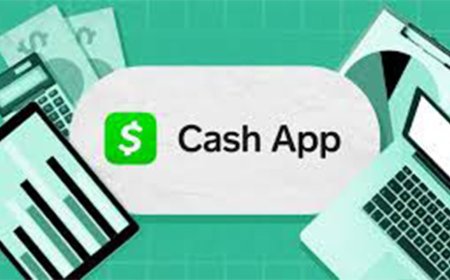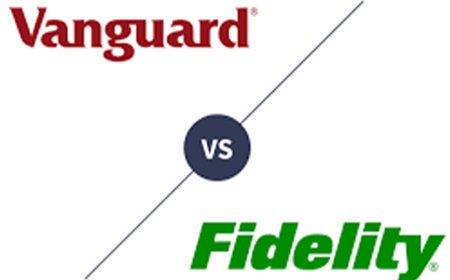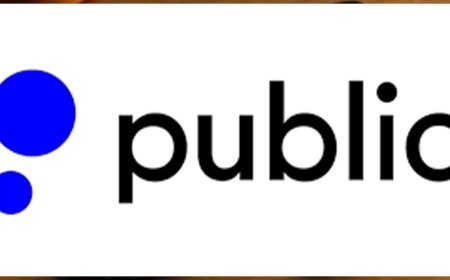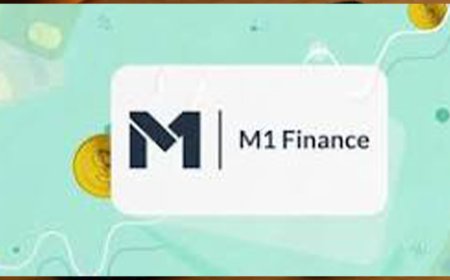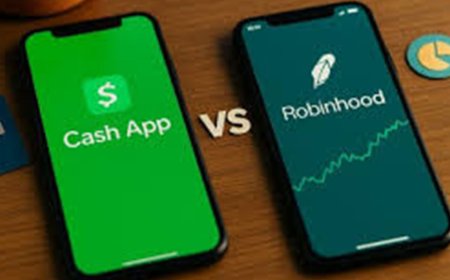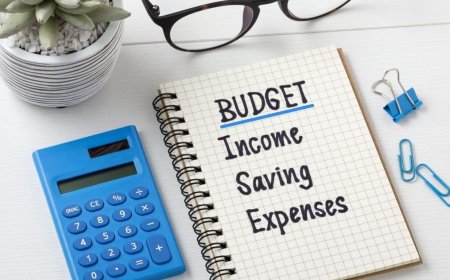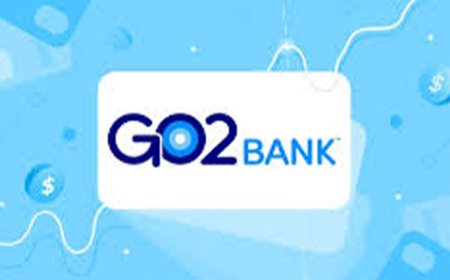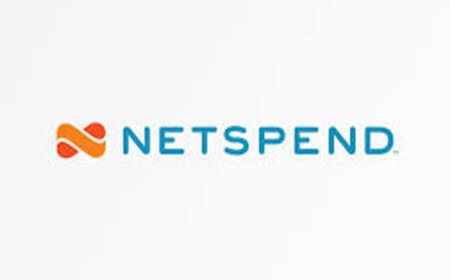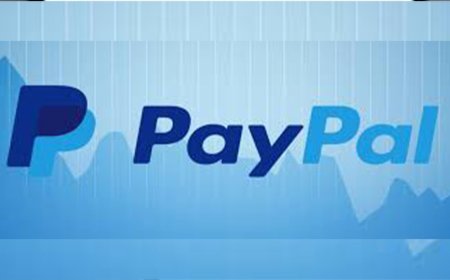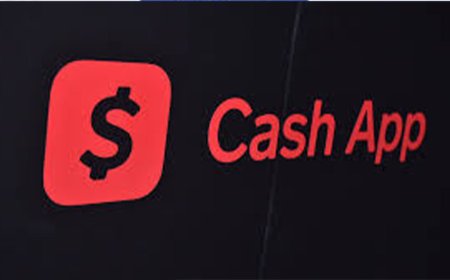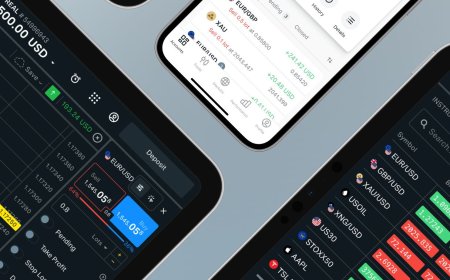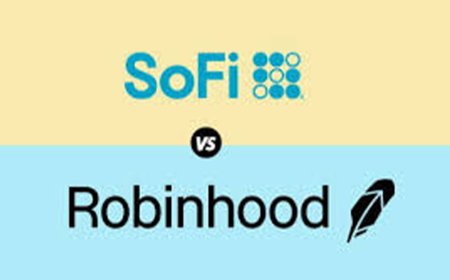Yellow Card vs Binance: Which Crypto Platform Is Best for African Users in 2025?
Compare Yellow Card vs Binance for crypto trading in Africa in 2025. Explore features, fees, security, payment methods, and supported countries to find the best platform for beginners and advanced users. This article helps you choose the best platform.

Cryptocurrency is gaining massive traction across Africa, and choosing the right platform to buy, sell, and store digital assets is critical. Yellow Card and Binance are two prominent crypto exchanges, each with unique strengths for African users. This article compares Yellow Card vs Binance based on features, fees, security, and more to help you decide which platform suits your needs in 2025.We’ll evaluate:
- Platform features and functionality
- Supported African countries
- User-friendliness
- Security measures
- Payment methods
- Fee structures
- Customer support
- Pros and cons
- Best choice for beginners
Discover why Yellow Card is a top pick for African crypto users. Sign up with my Yellow Card referral link to start trading with zero fees!
What Is Yellow Card?
Launched in 2016, Yellow Card is a crypto exchange built specifically for African markets. It allows users to buy, sell, and store cryptocurrencies like Bitcoin (BTC) and Tether (USDT) using local currencies and mobile money. With a beginner-friendly interface, zero trading fees, and a mobile-first design, Yellow Card is ideal for new and experienced users alike.
Yellow Card operates in over 16 African countries, including:
- Nigeria
- Kenya
- Ghana
- Uganda
- South Africa
- Zambia
- Cameroon
- Senegal
- Tanzania
- Malawi
- Botswana
- Rwanda
Join Yellow Card today with my referral link for seamless crypto trading.
What Is Binance?
Founded in 2017, Binance is the world’s largest cryptocurrency exchange, offering a wide range of features like spot trading, futures, staking, P2P trading, and an NFT marketplace. While Binance is available in most African countries, regulatory restrictions may limit certain features depending on your location.
Payment Methods: Yellow Card vs Binance
|
Feature |
Yellow Card |
Binance |
|
Mobile Money |
MTN, Airtel, M-Pesa, etc. |
Via P2P trading |
|
Bank Transfers |
Direct support |
Via P2P or local partners |
|
Debit/Credit Cards |
Not supported |
Limited in select countries |
|
Cash Payments |
Via agents in some regions |
Not available |
|
Crypto Deposits |
Supported |
Supported |
Winner for payment convenience: Yellow Card
Yellow Card’s direct integration with mobile money platforms like M-Pesa makes it easier for users in Nigeria, Kenya, and Uganda to fund accounts without relying on P2P marketplaces.
Security Comparison
Yellow Card Security:
- Licensed in multiple African countries
- Two-factor authentication (2FA)
- Partners with trusted custodians like BitGo
- Data encryption and KYC verification
Binance Security:
- Industry-leading global security protocols
- Secure Asset Fund for Users (SAFU)
- Cold storage for most funds
- Advanced features like anti-phishing codes
Winner for security: Binance
Binance offers robust global security measures, but Yellow Card’s localized approach and reliable protections make it a strong contender for African users.
Fees: Which Is More Affordable?
|
Transaction Type |
Yellow Card |
Binance |
|
Deposits |
Free (mobile money, bank) |
Varies by method (P2P often free) |
|
Trading Fees |
0% |
~0.1% (discounts with BNB) |
|
Withdrawals |
Varies by country |
P2P or bank charges |
|
Crypto Network Fees |
Blockchain fees only |
Blockchain fees only |
Winner for low fees: Yellow Card
Yellow Card’s zero trading fees and transparent pricing make it the better choice for cost-conscious users.
Ease of Use: Beginner-Friendly Design
Yellow Card:
- Simple mobile app and website
- Clear buy/sell interface
- Wallet balances in local currencies
- Streamlined onboarding process
Binance:
- Advanced tools for experienced traders
- Complex interface for beginners
- Offers a simplified “Binance Lite” mode
Winner for ease of use: Yellow Card
Yellow Card’s intuitive design is perfect for crypto newcomers, making it easier to navigate than Binance’s feature-heavy platform.
Customer Support: Who Helps Faster?
Yellow Card:
- Localized support via WhatsApp, email, and phone
- Africa-specific help resources
- Fast, region-focused responses
Binance:
- Global support via chatbot and tickets
- Extensive Help Center
- Potential delays due to high user volume
Winner for customer support: Yellow Card
Yellow Card’s local presence ensures quicker, more relevant assistance for African users.
Pros and Cons
Yellow Card Pros:
- Tailored for African markets
- Mobile money and cash payment options
- Zero trading fees
- Beginner-friendly interface
- Local customer support
- Licensed and secure
Yellow Card Cons:
- Limited cryptocurrency selection
- No advanced trading features
- Not available in all African countries
Binance Pros:
- Supports over 300 cryptocurrencies
- Advanced tools like futures and staking
- High liquidity and global reach
- Passive income opportunities
Binance Cons:
- Overwhelming for beginners
- Some features restricted in Africa
- P2P trading carries scam risks
Supported African Countries
|
Country |
Yellow Card |
Binance |
|
Nigeria |
Supported |
P2P available |
|
Kenya |
Supported |
P2P available |
|
Ghana |
Supported |
P2P available |
|
South Africa |
Supported |
Full access |
|
Uganda |
Supported |
P2P available |
|
Tanzania |
Supported |
Limited P2P |
|
Zambia, Senegal |
Supported |
Limited P2P |
Yellow Card vs Binance: Which Is Best for You?
Here’s a quick comparison:
|
Criteria |
Best Platform |
|
Beginner-friendly |
Yellow Card |
|
Advanced trading tools |
Binance |
|
Low fees |
Yellow Card |
|
Mobile money support |
Yellow Card |
|
Coin variety |
Binance |
|
Security |
Binance |
|
African-focused support |
Yellow Card |
|
Quick local purchases |
Yellow Card |
Why Yellow Card Shines in Africa (2025)
Both platforms have their strengths, but Yellow Card is the top choice for most African users in 2025. Its mobile money integration, zero trading fees, and localized support make it ideal for:
- Beginners exploring crypto
- Users needing fast, local payment options
- Anyone seeking a simple, secure platform
Binance suits advanced traders looking for diverse coins and complex features, but its complexity and P2P reliance can be challenging for newcomers.
Start trading with Yellow Card today using my referral link Click Here to enjoy seamless crypto access!
Tip :Use Yellow Card to buy Bitcoin or USDT with mobile money, then hold or transfer your assets for trading or investing as needed.
FAQs: Yellow Card vs Binance
Can I use Yellow Card and Binance together?
Yes! Buy crypto easily with Yellow Card’s mobile money support and transfer to other platforms for advanced trading.
Is Yellow Card licensed in Africa?
Yes, Yellow Card is licensed in several African countries, including Nigeria and South Africa.
Which platform is safer?
Both are secure, but Yellow Card’s localized approach and partnerships with custodians like BitGo ensure robust protection for African users.
How can I make money with Yellow Card?
Profit by:
- Buying and holding crypto. You can learn more from my post about How to buy Bitcoin using Yellow Card.
- Referring friends with my Yellow Card referral link https://web.yellowcard.io/auth/signup/?referral=13041568
- Trading BTC or USDT as prices rise
Get Started with Yellow Card
Ready to dive into crypto? Sign up for Yellow Card with my referral link https://web.yellowcard.io/auth/signup/?referral=13041568 to enjoy zero trading fees, mobile money support, and a beginner-friendly experience. Start your crypto journey in Nigeria, Kenya, Ghana, and beyond!
Yellow Card stands out as the best crypto platform for African users in 2025, thanks to its low costs, local payment options, and user-friendly design. While Binance offers advanced features, Yellow Card’s focus on African markets makes it the go-to choice for seamless crypto trading. Join Yellow Card now https://web.yellowcard.io/auth/signup/?referral=13041568 and take control of your financial future.
What's Your Reaction?







